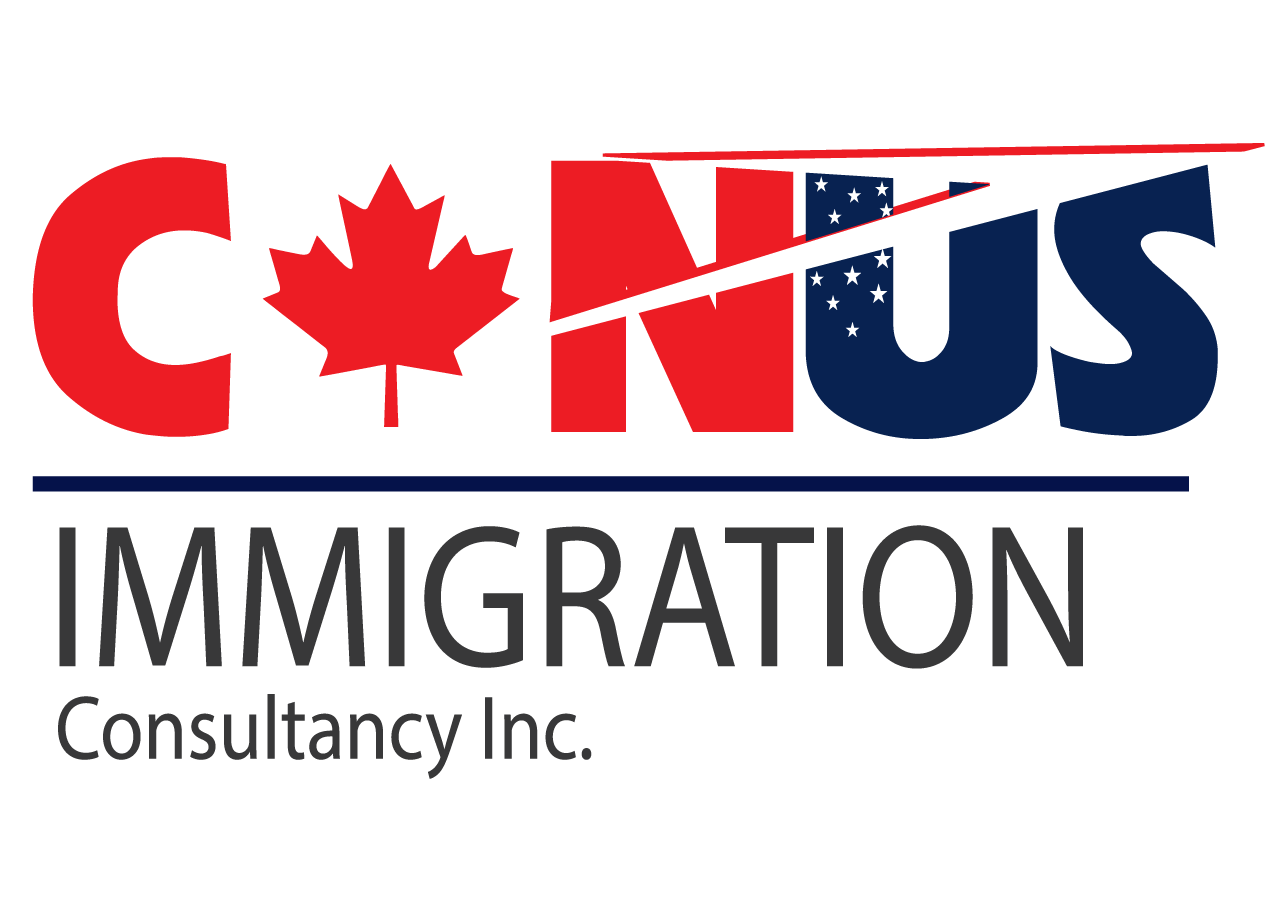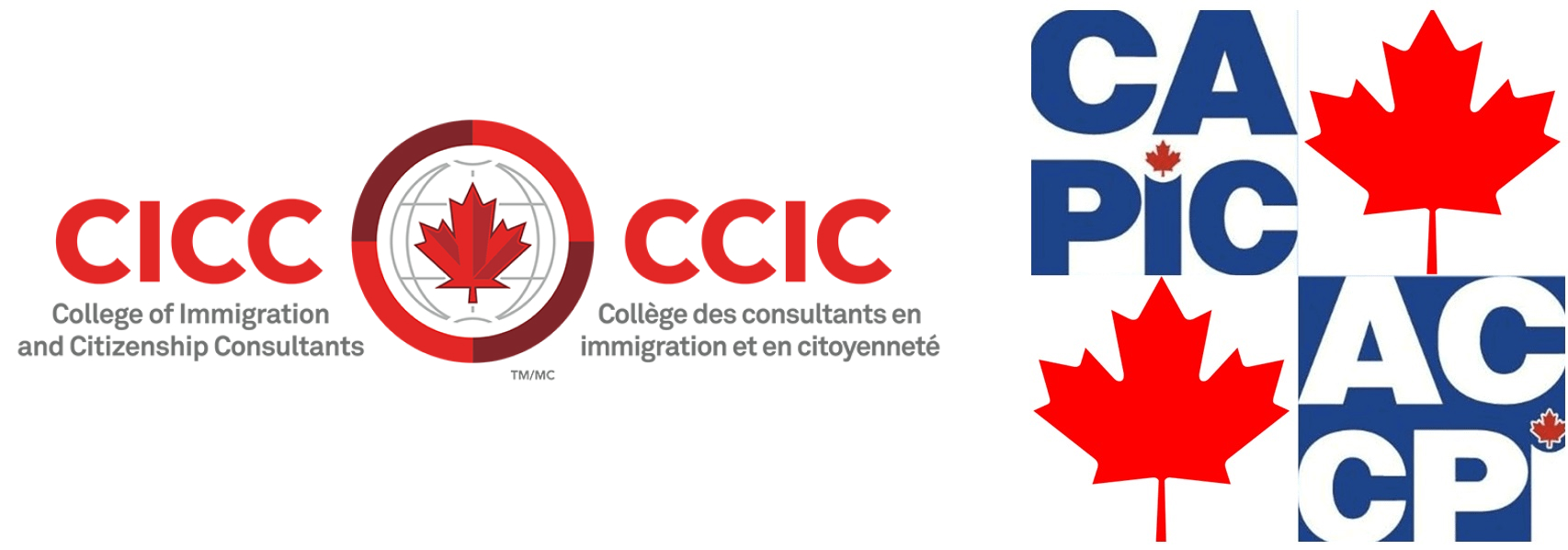A guide to spousal and common-law immigration for Canadians who wish to sponsor their loved ones from the Emirates.
Source: CIC News
The first step to sponsoring your spouse or common-law partner from the United Arab Emirates is to make sure you are both eligible.
To be eligible to sponsor your spouse, you need to be over the age of 18, a Canadian citizen or permanent resident, and be able to financially support you and your family. This includes your spouse and any dependent children you have.
It is possible to sponsor your spouse from outside Canada, if you are a Canadian citizen. Permanent residents must sponsor their spouses from inside Canada, even if their partner is out of the country.
If you live in Quebec, you have meet eligibility requirements at the provincial level as well. The Quebec government website offers the information you need to sponsor your partner to Quebec.
To meet the income requirement, you cannot be receiving social assistance for reasons other than a disability. However, if you’re receiving maternity, parental, or sickness benefits, you may still be eligible to sponsor. Other benefits such as employment insurance and federal training allowances are not eligible sources of income.
In most cases, there is no minimum income cut off for sponsoring spouses, common-law partners, and children. There are very specific instances where you must meet a low-income-cut-off score, which are determined by the government each year. Generally, it only applies if the partner you’re sponsoring has a dependent child who also has a dependent child of their own.
What can make me ineligible to sponsor my spouse?
Certain circumstances could make you ineligible to sponsor. Beyond violent criminal offences, you could also be ineligible for non-criminal reasons. Perhaps you failed to pay an immigration loan, are going through bankruptcy and not discharged, or if you sponsored a previous spouse within three years of your application. These are just some of the factors that could affect your eligibility to sponsor.
Also, if you were a sponsored spouse now turned Canadian permanent resident, you cannot sponsor a new spouse within five years of your landing.
Once you determine that you are eligible, the next step is to make sure that your partner is admissible to Canada.
Is my spouse eligible to be sponsored?
Your spouse must be over the age of 18, and pass background, security, as well as medical checks.
The government department that processes immigration applications, Immigration, Refugees and Citizenship Canada (IRCC), will check to see that your spouse is admissible through medical and background security checks. People with criminal convictions are generally not allowed to come to Canada, but there may be options to overcome criminal inadmissibility.
The immigration officer handling your file will also want to see that you and your partner are in a genuine relationship. They generally want to avoid admitting people who are just getting married for the sole purpose of getting Canadian permanent residency status.
Outland vs Inland sponsorship
If your partner is living abroad during the sponsorship process, you will be considered outland applicants. Although it is possible for Canadian citizens to live in the UAE throughout the process, you have to show that you and your partner will both move to Canada if they are approved for permanent residency.
However, if you and your partner are living in Canada you will likely be processed as inland applicants. When applying from within Canada your spouse may be eligible for an Open Work Permit.
What documents do you need from the UAE?
IRCC changes these guidelines regularly. The documents required for foreign nationals will depend on residency status, where they are applying from, and maybe even your travel history. The government provides an application guide with more specific and up-to-date information.
In addition to the application guide, IRCC offers a documents checklist, which shows you the forms and instructions you need for your application. This checklist also changes, so it is important to double-check before submitting all the documents.
As of the time this article was written, there are two additional forms that apply to UAE residents: travel history, and military service.
You and your family members over the age of 18 have to fill out the travel history form, called the IMM 5562. There you report all of the trips you have taken out of the UAE over the past 10 years.
The military service form, known as the IMM 5546, is for anyone in your application who has ever served in the military, army, defence or police unit. If you do have to fill out this form, you will have to submit a copy of your military card or booklet, including the blank pages.
Also, if you were ever divorced in the UAE, IRCC asks for the original “Final irrevocable divorce” or “Final divorce judgment” document.
What happens after you submit the application?
The processing begins once IRCC receives your complete application. If the officer finds that your application is incomplete, they will return it to you and you will have to submit again.
IRCC has a 12-month processing standard on spousal sponsorship applications, although it may take longer.
During the processing period, IRCC asks for biometrics and a medical exam from the foreign spouse. You will have 30 days to send them in. IRCC may also ask for more information or an in-person interview at any time.
You can track and update your application status online until IRCC makes a decision on your application. IRCC will send you instructions about the final steps the foreign spouse or common-law partner needs to take to become a permanent resident.
The last step is to complete the landing process. After that, you have officially become a Canadian permanent resident.

